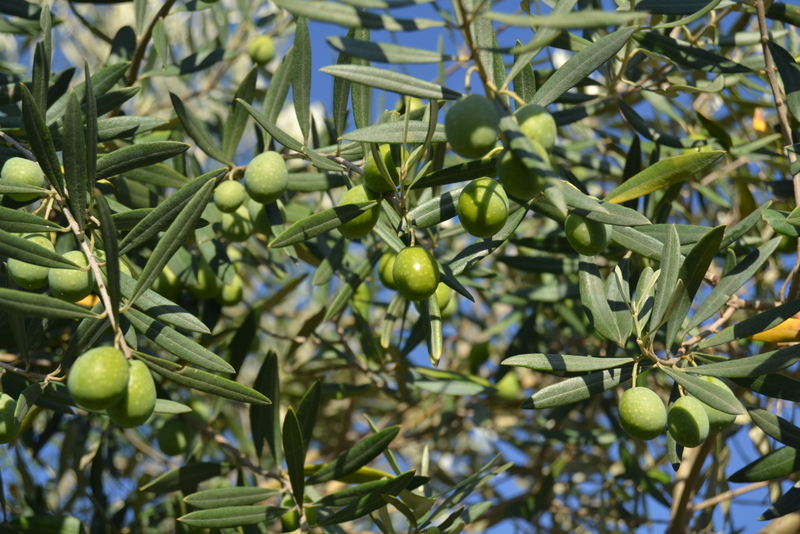“You don’t have to do it all alone,“ she says in a calm sure voice. My new collaborator. We prepared together a presentation of the newly published book. Her name is Katarina and the popularity of this name across generations is beyond my comprehension. Nevertheless, I am learning from the young, trusting and trustworthy soul. Or, to put it more aptly, I am unlearning a deep pattern according to which a fragment of me thinks I deserve the hard way and a punishment for being myself.
Imposter syndrome. Quite normal, women at a networking coffee meeting reckoned.
The Balloon book is here. A result of more than a year work together with Andrea Klimo and a few others. A huge support of many. It is slender, elegant in shape, holding a story I have written quite sometime ago. Inspired by observing my daughter and her friends growing up in Brussels suburbs. The balloon also represents a thin line between physical and spiritual worlds, between reality and mystery. The entanglement of them.
“You are a human, you mess up”, says Peter Crone in a video where he is looking like somebody who never messes up anything. But I believe him when he says he does. Peter Crone repeatedly speaks in a juicy way about not so good smelling juices coming from otherwise delightful humans.
And yes, it is true, I feel a great surge of relief listening to him. No need to be perfect or to never make a mistake or to spend much time camouflaging flaws and fearing mistakes, fighting off criticism, dreading judgement. (I had spent decades doing precisely that). The energy shifts immediately and the vibration raises, bouncing with new possibilities and freedom. We are part of vibrational reality and its laws. The law of mirrors, often called the law of attraction: Our reality is an exact response to our vibrational call. (Sometimes, even often, we get caught in a collective drama web).
Indeed, the onion we peel is endless, as once my yoga teacher said.
Walking my hometown Bratislava and seeing it for the first time. I have changed. She has changed. The majestic Danube still flows through, dividing the old downtown spread on hills, from Pannonian lowlands and the newer parts of the city on the right bank. The coffee scene is incredible, probably uplifted by the Ukrainians who have found here their refuge. Some barista places remind me of Kiev before the war, that wonderful city with the even wider Dnepr River.
Holding the paradox. What once was the poorest medieval part of Bratislava, the home of fishermen and little merchants, famous for its brothels, is now being converted into the poshest area wide and far. The developers are doing a neat job, preserving as much ancient memory as possible. The communist regime had let the neighbourhood to decay and then tore it down, together with two synagogues. A revenge performed under the disguise of “development”. German minority was chased out of the town almost completely. The Jewish population was already diminished after the war, and a number of the few survivors fled over the Iron Curtain or emigrated to Israel.
Learing to accept the town in its wholeness, its scars, wounds, doubts, as well as its pride. Looking up, looking through.
Equanimity. Taking both, pleasure and pain, as part of the journey. Learning to walk lighter, to breathe deep and consciously.


